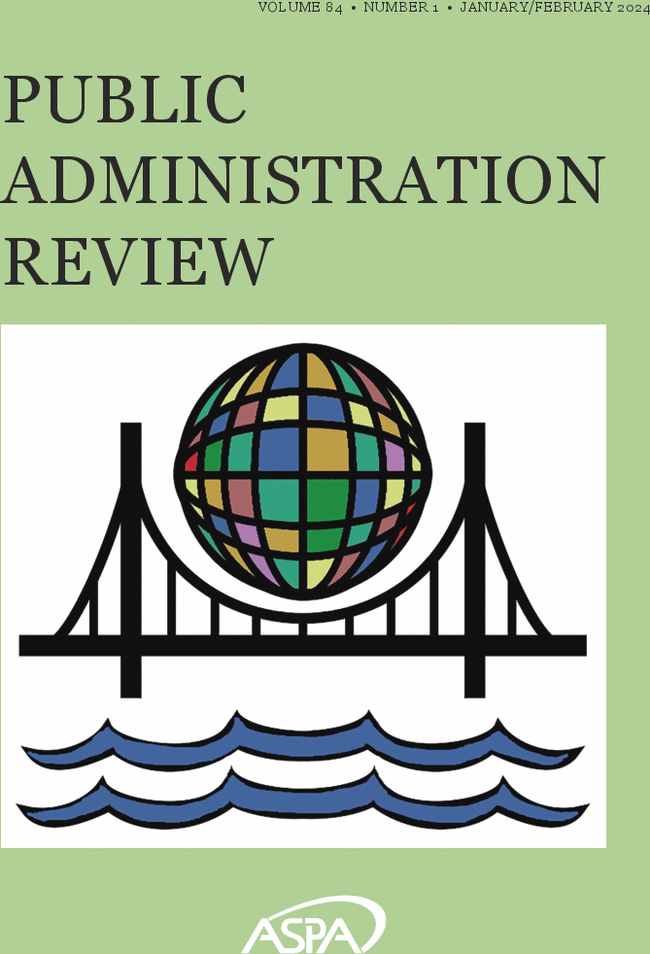国际组织评价报告的制度设计与偏见
IF 6.1
1区 管理学
Q1 PUBLIC ADMINISTRATION
引用次数: 0
摘要
政府花费数亿美元用于评估公共组织的绩效。在本文中,我们仔细研究了评估系统制度设计的变化是否会导致评估结果的偏差。偏见可能会出现,因为对评估过程的影响可以使官僚机构以更积极的方式展示其工作。我们研究联合国系统内九个国际组织发表的评价报告。我们使用深度学习来衡量每个评估报告在句子级别上的积极评估份额,作为评估结果的积极性的代理。通过对1082份评估报告的分析,我们发现,与中央评估单位相比,业务单位委托报告系统地包含了更多的积极评价。从理论上讲,制度设计选择和评估结果之间的这种联系可以解释为什么决策者认为类似的基于证据的政策制定工具在一些组织中是功能性的,而在另一些组织中是政治化的。本文章由计算机程序翻译,如有差异,请以英文原文为准。
Institutional design and biases in evaluation reports by international organizations
Governments spend hundreds of millions on evaluations to assess the performance of public organizations. In this article, we scrutinize whether variation in the institutional design of evaluation systems leads to biases in evaluation findings. Biases may emerge because influence over evaluation processes could enable the bureaucracy to present its work in a more positive way. We study evaluation reports published by nine international organizations (IOs) of the United Nations system. We use deep learning to measure the share of positive assessments at the sentence level per evaluation report as a proxy for the positivity of evaluation results. Analyzing 1082 evaluation reports, we find that reports commissioned by operative units, as compared to central evaluation units, systematically contain more positive assessments. Theoretically, this link between institutional design choices and evaluation outcomes may explain why policymakers perceive similar tools for evidence-based policymaking as functional in some organizations, and politicized in others.
求助全文
通过发布文献求助,成功后即可免费获取论文全文。
去求助
来源期刊

Public Administration Review
PUBLIC ADMINISTRATION-
CiteScore
15.10
自引率
10.80%
发文量
130
期刊介绍:
Public Administration Review (PAR), a bi-monthly professional journal, has held its position as the premier outlet for public administration research, theory, and practice for 75 years. Published for the American Society for Public Administration,TM/SM, it uniquely serves both academics and practitioners in the public sector. PAR features articles that identify and analyze current trends, offer a factual basis for decision-making, stimulate discussion, and present leading literature in an easily accessible format. Covering a diverse range of topics and featuring expert book reviews, PAR is both exciting to read and an indispensable resource in the field.
 求助内容:
求助内容: 应助结果提醒方式:
应助结果提醒方式:


